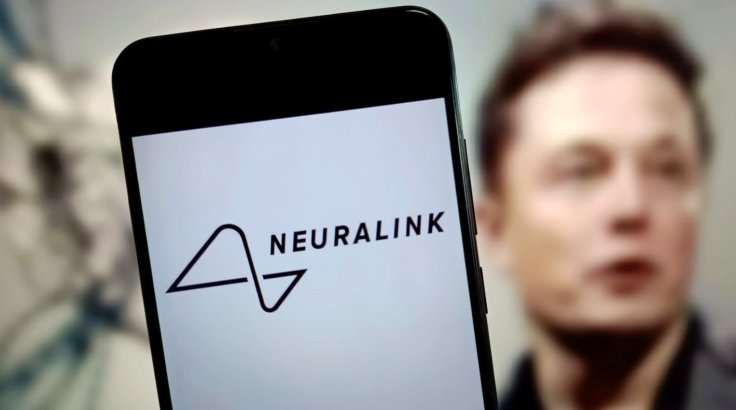Elon Musk's brain-chip startup, Neuralink, suffered an unexpected problem in its first-ever human implant, as the device started to detach from the patient's skull, reducing the amount of data it could gather, the company said Wednesday., Neuralink's brain-computer interface (BCI) was implanted into the brain of a 29-year-old patient named Noland Arbaugh in January.
The chip is engineered to help people with paralysis in operating external technology solely through their thoughts. Arbaugh, who has been paralyzed from the shoulders down for eight years after a diving accident, is participating in Neuralink's six-year trial aimed at evaluating the safety of the device. However, the chip suffered a problem in his system.
Unexpected Problem

Last month, Neuralink livestreamed a nine-minute video featuring Arbaugh demonstrating how the BCI technology works. In the video, Arbaugh was seen playing video games and elucidated that he simply envisions the cursor moving to his desired location, and it responds accordingly.
The Neuralink chip comprises 1,024 electrodes distributed across 64 "threads," each thinner than a strand of human hair.
These electrodes are designed to collect data on the brain's neural activity and movement intentions which is then transmitted to the company's computer for decoding, enabling the transformation of thoughts into actions.
However, in the days following the remarkable video, Neuralink revealed in a blog post, earlier reported by the Wall Street Journal, that "a number of threads retracted from [Arbaugh's] brain, resulting in a net decrease in the number of effective electrodes."
Consequently, Neuralink faced challenges in measuring the performance of its electrode and thread system effectively. The exact number of detached threads remained unclear.
"In response to this change, we modified the recording algorithm to be more sensitive to neural population signals, improved the techniques to translate these signals into cursor movements, and enhanced the user interface," Neuralink added, insisting that the refinement will enhance the accuracy of Arbaugh's ability to control the cursor's bits per second (BPS).
BPS is "the standard measure for speed and accuracy," according to the company.
"These refinements produced a rapid and sustained improvement in BPS, that has now superseded Noland's initial performance," Neuralink said.
Neuralink Planned to Remove Implant

Neuralink, which relocated its headquarters from Delaware to Nevada, following a dispute between Musk and a Delaware judge who invalidated his $56 billion pay package at Tesla, the company was in a dilemma of whether to remove the implant.
Although the issue did not directly jeopardize Arbaugh's safety, the company contemplated the possibility of removing the implant, known as an "explantation," as reported by people familiar with the matter to the Journal.
As of now, Neuralink has not responded to The Post's request for comment.
Arbaugh made history as the first human test subject for the chip developed by Musk's company, with a robot surgeon connecting the implant to his brain. The extent of participation in the trial and its locations remains unclear.
Despite the setback, Arbaugh reportedly uses Neuralink's BCI system for roughly eight hours daily on weekdays and up to 10 hours during weekends.
"Now I can literally just lie in bed and play to my heart's content," he said in the March livestream — or at least until the battery of his rechargeable chip dies.
Founded in 2016, Neuralink has largely maintained secrecy regarding its technology and human trials, leading to demands for increased transparency.
Last year, the US Food and Drug Administration authorized human trials of the brain chip following numerous tests on animals, a move that drew criticism from animal rights organizations.









